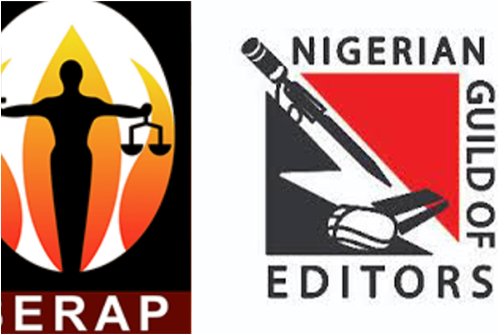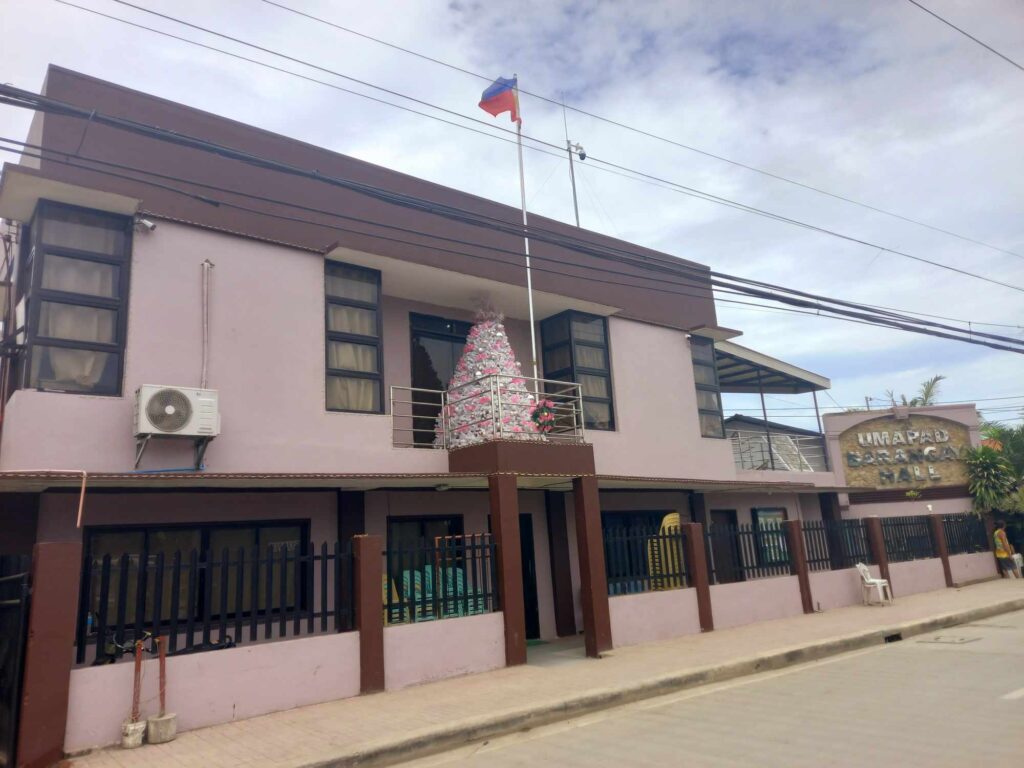
The Socio-Economic Rights and Accountability Project (SERAP) and the Nigeria Guild of Editors (NGE) have expressed grave concern over the increasing violations of media freedom in Nigeria. They cited a disturbing pattern of harassment, intimidation, and arrest of media practitioners, as well as oppressive policies from government institutions, particularly the National Broadcasting Commission (NBC). In a joint statement issued to mark International Human Rights Day, SERAP and NGE highlighted the use of laws such as the Cybercrimes Act of 2015 and criminal defamation under the Criminal Code Act as tools for curbing press freedom.
They also pointed to the NBC’s use of specific codes to target, intimidate, and harass journalists and media houses critical of the government. The statement, signed by SERAP Deputy Director Kolawole Oluwadare and NGE Secretary Dr. Iyobosa Uwugiaren, decried the ongoing crackdown on freedom of expression and media rights, emphasizing that government authorities at all levels are increasingly flouting the rule of law.

The rights to freedom of expression, peaceful assembly, and media freedom are guaranteed under the 1999 Nigerian Constitution (as amended) and international human rights treaties, but SERAP and NGE expressed concern that these rights are being violated with impunity. They noted that despite almost 25 years of uninterrupted democratic governance, media freedom in Nigeria continues to be stifled by state censorship and control over media, particularly state-owned outlets. The statement further highlighted several recent incidents to demonstrate the growing hostility towards journalists.
According to a report by the Centre for Journalism Innovation and Development (CJID), there were 110 verified attacks on journalists in 2024 alone, surpassing the total number of attacks in 2023. The perpetrators of these attacks include state actors, security operatives, private individuals, and unknown assailants. The types of abuse reported include physical attacks, threats, unlawful arrests, cyberbullying, and strategic litigation against public participation.
Additionally, a report from the Wole Soyinka Centre for Investigative Journalism (WSCIJ) revealed that over 70% of journalist harassment during elections and civic demonstrations was carried out by the Nigeria Police Force (NPF) and politicians. ALSO READ : Rita Lori-Ogbebor accuses FCT minister Nyesom Wike of land grabbing, Urges probe The statement provided specific examples, including the arrests and harassment of journalists such as Nurudeen Akewushola and Dayo Aiyetan, who were detained for over nine hours over allegations related to cyberstalking and defamation. Other incidents included the harassment of News Central TV reporters during a planned protest at the Lekki toll gate, the arrest of photojournalists covering the #EndBadGovernance protests in Abuja, and violent attacks on journalists in northern Borno and Kano states.
In conclusion, SERAP and NGE urged the international community to hold Nigerian authorities accountable for upholding constitutional and international human rights obligations. They called for a free and independent media landscape, emphasizing the importance of protecting the rights to freedom of expression, access to information, and privacy online and offline..










